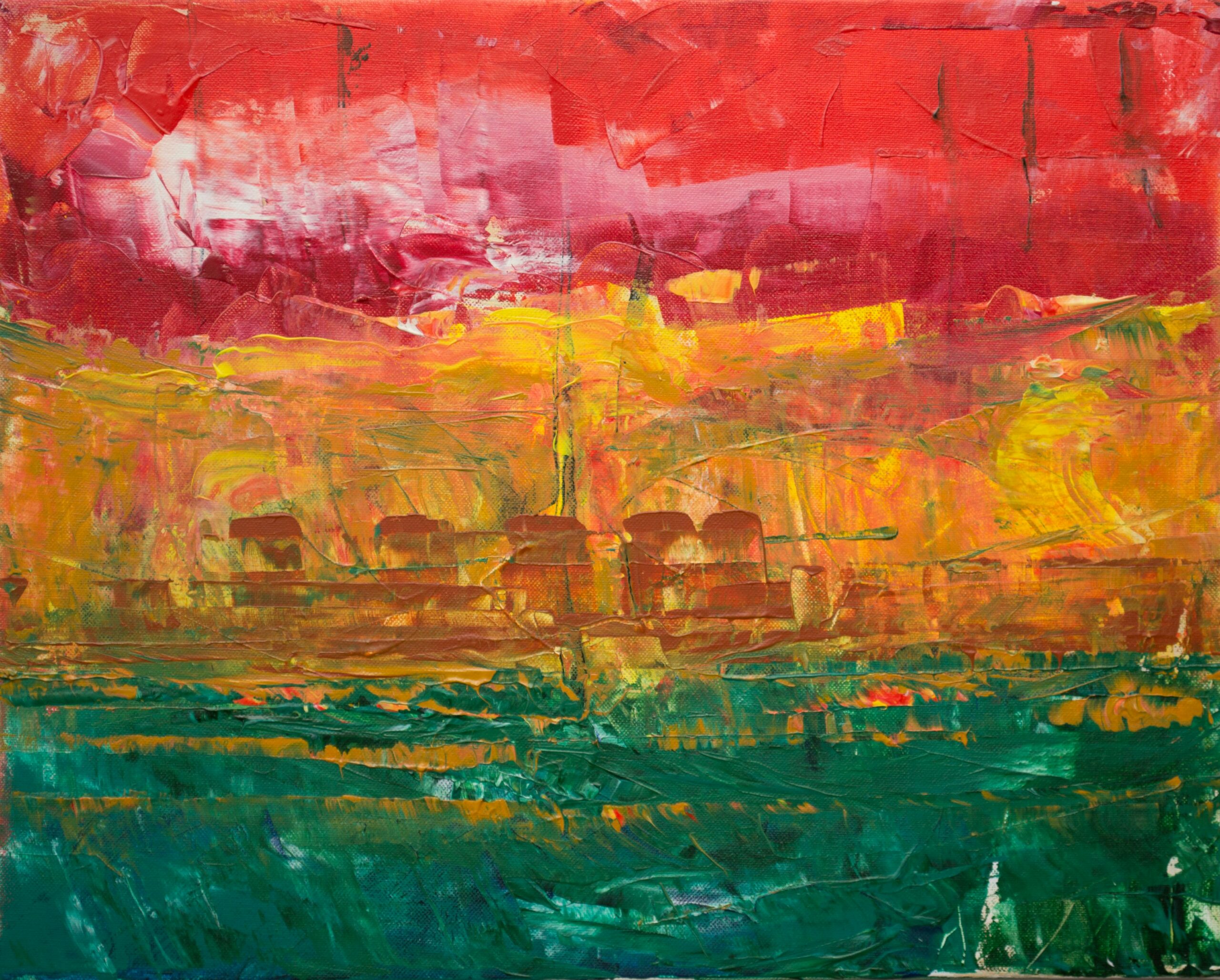
Rastafarianism, deeply rooted in Jamaica's cultural fabric, is a vibrant spiritual movement with a profound connection to cannabis. Understanding the beliefs and practices of Rastafarians provides insight into their reverence for the herb and its symbolic significance within their culture. Originating in the early 20th century, Rastafarianism emerged as a response to social and economic injustices faced by Afro-Jamaicans. Drawing inspiration from African spirituality and the teachings of Marcus Garvey, Rastafarians advocate for liberation, equality, and repatriation to Africa, which they view as their ancestral homeland. At the heart of Rastafarian beliefs is the veneration of Haile Selassie I, the former Emperor of Ethiopia. Rastafarians regard Selassie as the messiah, interpreting his coronation in 1930 as the fulfillment of biblical prophecies. They see him as a symbol of African unity and liberation, embodying the principles of justice and righteousness. Cannabis, known as "ganja" or "herb" in Rastafarian culture, holds a sacred place in religious rituals and daily life. Rastafarians believe that cannabis is a sacrament that brings them closer to the divine and facilitates spiritual enlightenment. They cite biblical references to herbs and plants as sources of healing and wisdom to justify their use of cannabis in rituals and meditation. In Rastafarian ceremonies, cannabis is often burned as an incense to purify the space and invoke spiritual blessings. It is also ingested in the form of tea or consumed raw to experience its full medicinal and spiritual benefits. Rastafarians believe that cannabis helps them achieve a state of "Irie," or harmony, connecting them to Jah (God) and enhancing their spiritual awareness. However, it's important to note that Rastafarian views on cannabis extend beyond its religious significance. They also advocate for the legalization of cannabis as a means of economic empowerment and social justice. In their view, the criminalization of cannabis has disproportionately affected marginalized communities, perpetuating cycles of poverty and oppression. Despite facing persecution and stigmatization, Rastafarians remain steadfast in their commitment to the herb and its role in their spiritual and cultural identity. Their advocacy for cannabis legalization aligns with broader movements for social change and justice, highlighting the interconnectedness of cannabis advocacy and human rights. Rastafarianism offers a unique perspective on the spiritual, cultural, and political dimensions of cannabis. Through their reverence for the herb, Rastafarians challenge societal norms and advocate for a more just and equitable world. By understanding the beliefs and practices of Rastafarian culture, we gain insight into the profound significance of cannabis as a symbol of liberation, spirituality, and social change.